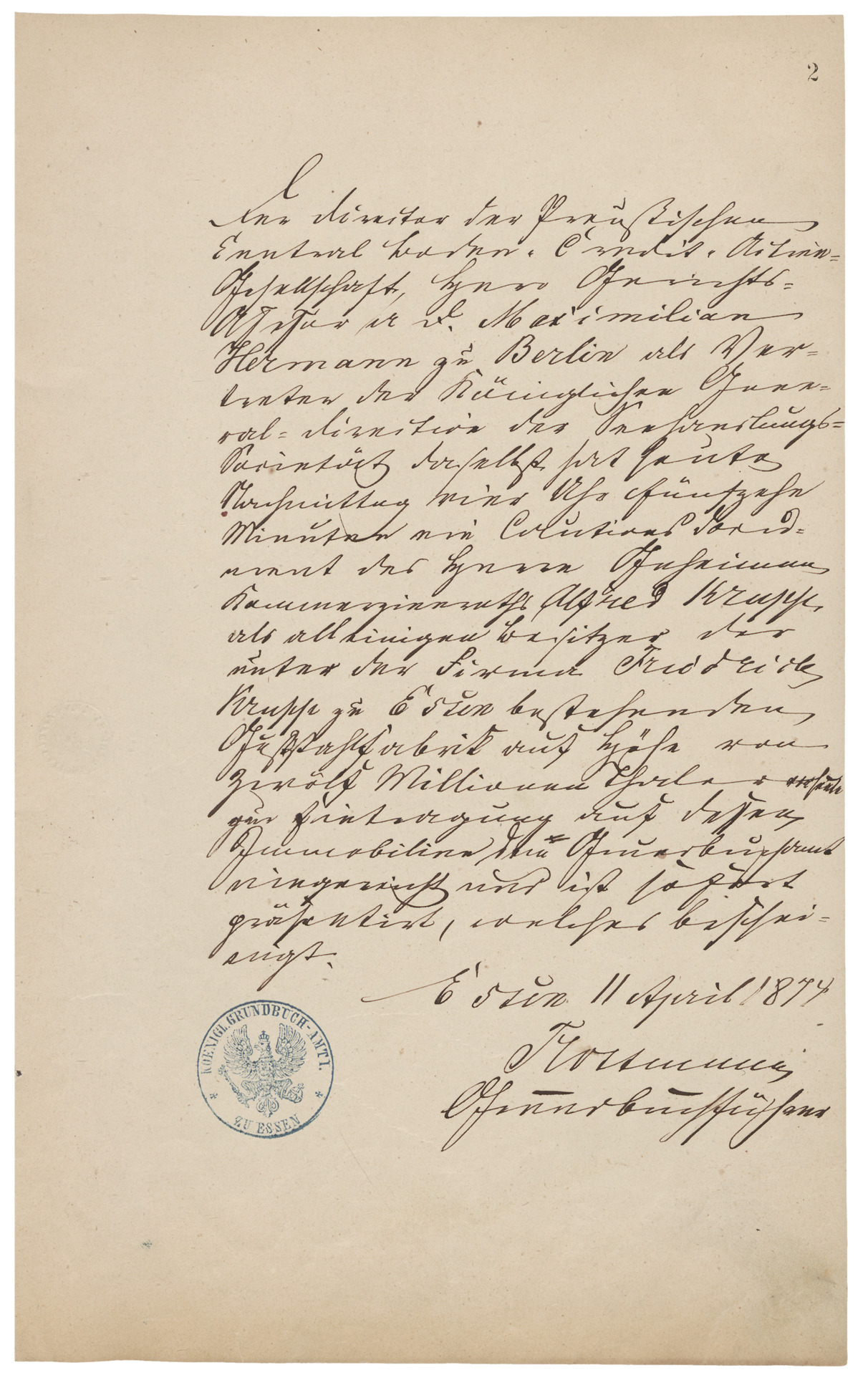After the end of the forced home officers, people will return to the offices and not everything will be the same. Probably even then, the hygiene rules will be stricter, and this will also apply to vending machines. Nestlé is betting on this. It wants to expand with the help of non-contact coffee machines, which use less risk of transmission of covid-19.
–
The coffee machines are contactless and can be controlled using a smartphone. In the coming weeks to be launched in Russia and China. David Rennie, head of coffee brands at Nestlé, told Bloomberg.
–
During a pandemic, people drank coffee mainly at home, not in cafes and at work. “When people return to the offices, it doesn’t have to be the same number as before the covid. Household consumption will continue to grow, ”says Rennie.
–
Last year, the coffee business was the driving force behind Nestlé’s sales. Revenues from coffee sales increased by five percent last year. They make up the majority of the $ 24 billion beverage business.
–
In recent years, Nestlé has been trying to strengthen its coffee business. The company set aside $ 7.15 billion in partnership with Starbucks in 2018 and now manufactures the chain’s products for home use worldwide.
–
Nestlé sees an opportunity in the return of life to normal. It will use it to expand into offices. But at the same time it is trying to stimulate demand for new capsules and types of soluble coffee.
–
Rennie sees great prospects for sales growth in China, despite the fact that coffee consumption there is only seven cups per person per year. Nestlé opened nearly 900 Starbucks offices in China last year as the country’s economy recovered better than others. According to Ronnie, Africa and India are also priority markets for expansion.
–
Nespresso’s largest market last year was the United States, which overtook France. In 2021, according to Ronnie, he wants to focus on cold and flavored coffee, introducing iced coconut coffee and other flavors. “The good thing about the US market is how big it is,” says Ronnie.
–
According to Nestlé, the global coffee market will grow by four to five percent in the coming years as people begin to return to their old coffee drinking habits.
–
“For the global coffee market, the challenge is to ensure that supply and demand are kept in balance. We expect them to be balanced, “said Rennie. It may take two to three years for coffee sales outside the home to return to pre-pandemic levels.
—


